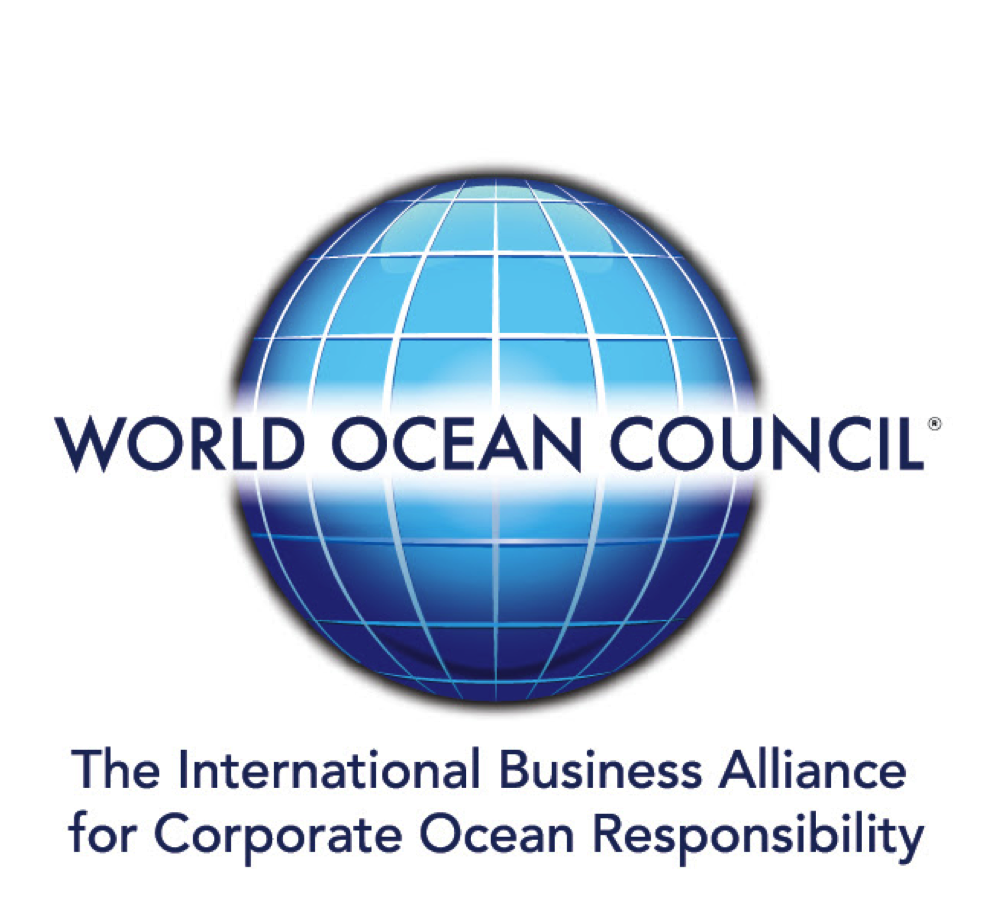Business Community Leadership and Interaction on Ocean Use
The World Ocean Council (WOC) convened the first-ever meeting of ocean industries at the National Business Forum on Marine Spatial Planning (MSP) to foster, facilitate and plan for cross sector business involvement in the U.S. MSP process. The nearly 70 Forum participants included representatives from offshore oil and gas, offshore renewable energy, shipping, fisheries, marine recreation, mining, marine technology, marine law, marine environmental services, and other sectors.
The recently initiated MSP agenda pursuant to President Obama’s National Ocean Policy is moving rapidly, creating a critical opportunity for the ocean business community to actively engage in a coordinated, multi-sectoral manner. In 2010, the federal government established an interagency National Ocean Council (NOC), and marine spatial plans are to be developed by nine regional planning bodies as early as 2015. The NOC issued a Strategic Action Plan Outline in June 2011 and held by a national workshop soon after to prepare government agencies for the task of developing the government’s MSP Strategic Action Plan. Unlike the ocean industry community, the environmental community has had a national MSP coalition for several years and is actively involved in the MSP process.
The ocean business community needs to get equally well organized and integrated into the discussion on MSP. To address this, the WOC brought together leadership companies and associations concerned about access to ocean space and resources in a National Business Forum. The Forum was co-presented by Battelle Memorial Institute with additional sponsorship from the National Ocean Industries Association and Blank Rome.
The Forum was designed for ocean industries to develop a clear understanding of MSP, define and examine the potential business impacts and benefits of MSP, ensure the business community is informed about U.S. MSP processes and plans, and identify the next steps to facilitate and coordinate business involvement in MSP in the U.S.
The participants emphasized that MSP must be well-balanced, well-informed and consider socio-economic value and benefits as a key part of the process. Private sector input was clear that MSP needs to have the business community and economic actors involved throughout the process. The participants believe the combined operational, technical and scientific expertise of the diverse ocean industries should be utilized to best benefit informed MSP decisions. Such involvement must start early in the process, when government and stakeholder bodies tasked with MSP are being formed.
Concerns were voiced by the ocean business community that opportunities for ocean industries to formally contribute to MSP have not been targeted to engaging those ocean industries which contribute to the U.S. economy greatly and need to become a more structural part of the US-MSP process. To address the lack of formal engagement, the industry participants believed there is value and strength in bringing together diverse ocean industry sectors to engage with MSP decision makers in a coordinated manner, and to establish formal avenues for frequent and ongoing information exchange and involvement.
As MSP is likely to develop in many areas over the years to come, there is a strong incentive for industry to actively work on ensuring that the business benefits of MSP are optimized and the impacts are minimized, while at the same time achieving the broader societal goals for conservation and sustainable development of the marine environment.
The WOC — the international business leadership alliance for Corporate Ocean Responsibility — is catalyzing a coordinated, constructive cross-sectoral ocean business community involvement in MSP. These efforts will continue in the US and multi-sectoral business forums on MSP will be convened in Australia, Europe and other areas where MSP is developing.

